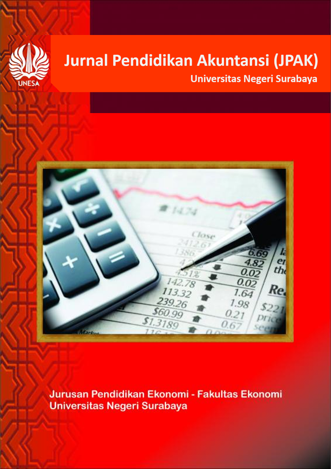Determinan Hasil Belajar AKL SMK N 2 Kota Madiun Pada Kurikulum Merdeka
DOI:
https://doi.org/10.26740/jpak.v11n3.p310-317Keywords:
Readiness; independent; motivationAbstract
Learning is a way for people to learn about unknown things. Factors within students greatly influence their learning outcomes. Various efforts are made by teachers and students to achieve the best possible learning outcomes. The research aims to examine the influence of the determinants of AKL learning outcomes for class Data was taken through a questionnaire and analyzed using the classic assumption test, multiple linear regression. The research showed that partially and simultaneously the AKL learning outcomes of students at SMK Negeri 2 Madiun City class X were influenced by will, independence and motivation.
Downloads
Downloads
Published
How to Cite
Issue
Section
License
Authors who publish with this journal agree to the following terms:
- Authors retain copyright and grant the journal right of first publication with the work simultaneously licensed under a Creative Commons Attribution License that allows others to share the work with an acknowledgement of the work's authorship and initial publication in this journal.
- Authors are able to enter into separate, additional contractual arrangements for the non-exclusive distribution of the journal's published version of the work (e.g., post it to an institutional repository or publish it in a book), with an acknowledgement of its initial publication in this journal.
- Authors are permitted and encouraged to post their work online (e.g., in institutional repositories or on their website) prior to and during the submission process, as it can lead to productive exchanges, as well as earlier and greater citation of published work (See The Effect of Open Access).

Jurnal Pendidikan Akuntansi (JPAK) is licensed under a Creative Commons Attribution-NonCommercial 4.0 International License.
 Abstract views: 174
,
Abstract views: 174
, PDF Downloads: 156
PDF Downloads: 156



